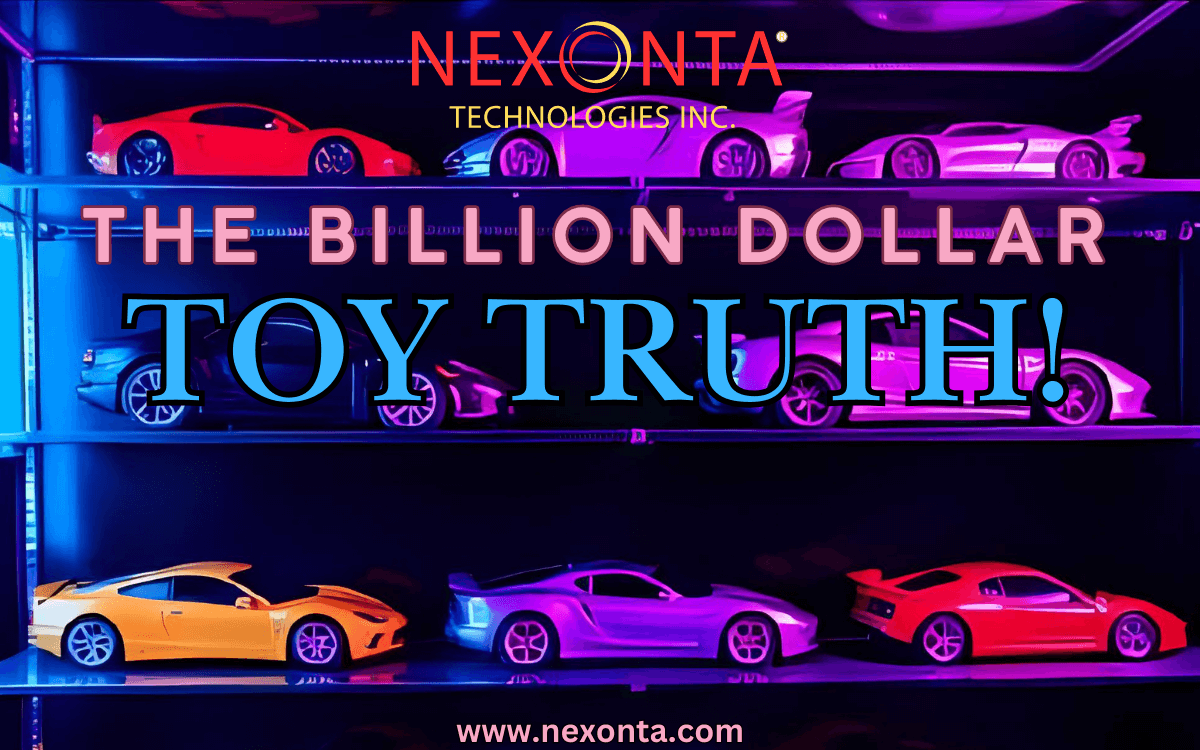25 August 2025

Hot Wheels, Barbie, and the Billion-Dollar Toy Truth
Let’s talk toys. Not just any toys—Hot Wheels. Believe it or not, Hot Wheels isn’t just a fun brand that makes tiny cars. It’s a billion-dollar powerhouse owned by Mattel, the same company behind Barbie and a lineup of other childhood staples.
Here’s where it gets even more interesting: about 80% of toys are actually purchased by adults. Yep, not kids—adults. Parents, collectors, nostalgia seekers, or just folks looking for a little spark of joy in a busy world.
What does that tell us? Toys aren’t just kid stuff. They’re part of our ecosystem.
Why Adults Buy Toys
Sure, adults buy toys for their kids. But look around—you’ll see whole communities built around toy collecting. From Hot Wheels collectors trading rare finds to Barbie enthusiasts who treat dolls like works of art, toys have become an extension of identity, creativity, and even investment.
Adults don’t just buy toys for play. They buy them to relive childhood memories, to decorate shelves, to connect with a community, and in some cases, to build collections worth thousands of dollars.
Toys as Cultural Staples
Think about it: Barbie isn’t just a doll. She’s a cultural icon with her own movie franchise. Hot Wheels isn’t just a car—it’s a piece of automotive history in miniature form. These brands shape stories, fuel imagination, and give people something to connect over.
When 80% of the sales come from adults, it proves toys are woven into our lives in a much bigger way than we give them credit for. They’re not just “things for kids.” They’re memory-keepers, investments, and little sparks of happiness we carry with us.
Toys Are Here to Stay
In a world where trends come and go, toys remain. They adapt, they expand, but they never really leave. And with companies like Mattel building billion-dollar empires on cars and dolls, one thing is clear—play is timeless.
So the next time you pick up a Hot Wheels car or a Barbie, remember: you’re not just holding a toy. You’re holding a piece of culture, an echo of your own past, and maybe even a piece of your future.



